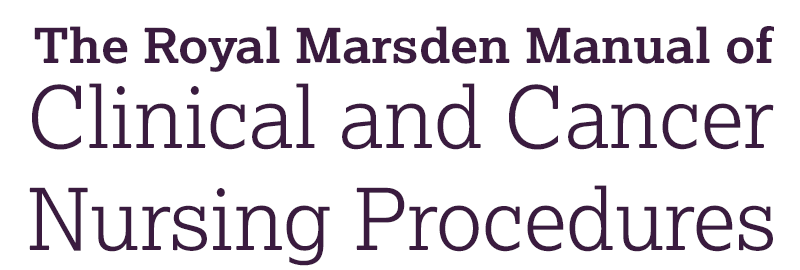Chapter 2: Admissions and assessment
Skip chapter table of contents and go to main content
Related theory
Alongside history taking and investigations, physical assessment is essential to helping a patient from their presenting complaint to diagnosis and treatment. Successful assessment requires critical thinking skills and a good knowledge base to decide which assessments to make, how much information is needed and how to get the information (Wilkinson [91]).
The clinical reasoning model permits the clinician to question and examine an existing problem in order to formulate and critically analyse a comprehensive hypothesis, elaborate strategies, establish a diagnosis and initiate a treatment (Barrows and Pickell [7]). This model represents a step‐by‐step approach to the clinical decision‐making process (Walsh [86]); it is ‘the art of thinking about your thinking while you're thinking so as to make your thinking more clear, precise, accurate, relevant, consistent, and fair’ (Paul [59], pp.2–3).
The systems that this chapter will cover are respiratory, cardiovascular and abdominal. Neurological examination is covered in Chapter c14: Observations.





